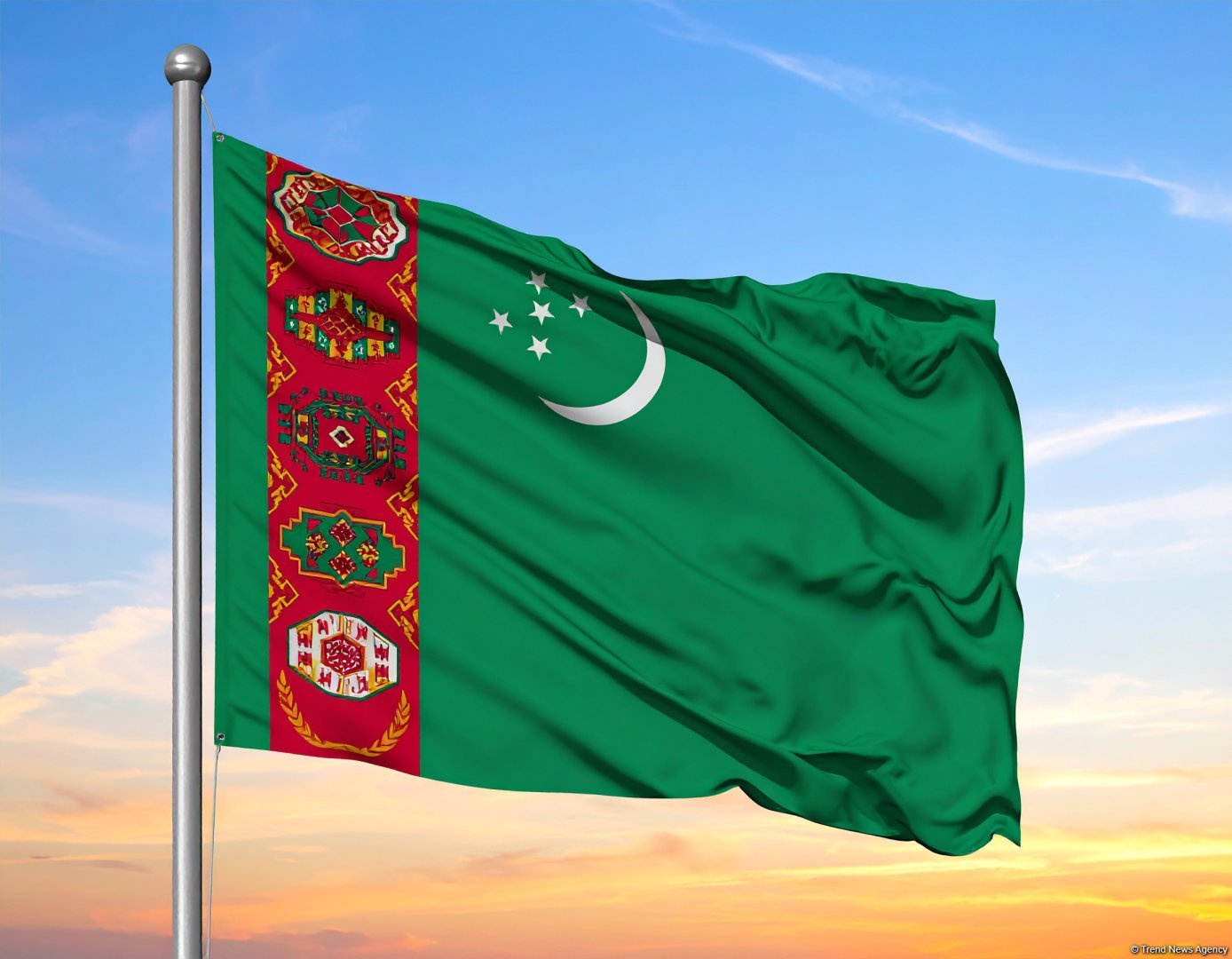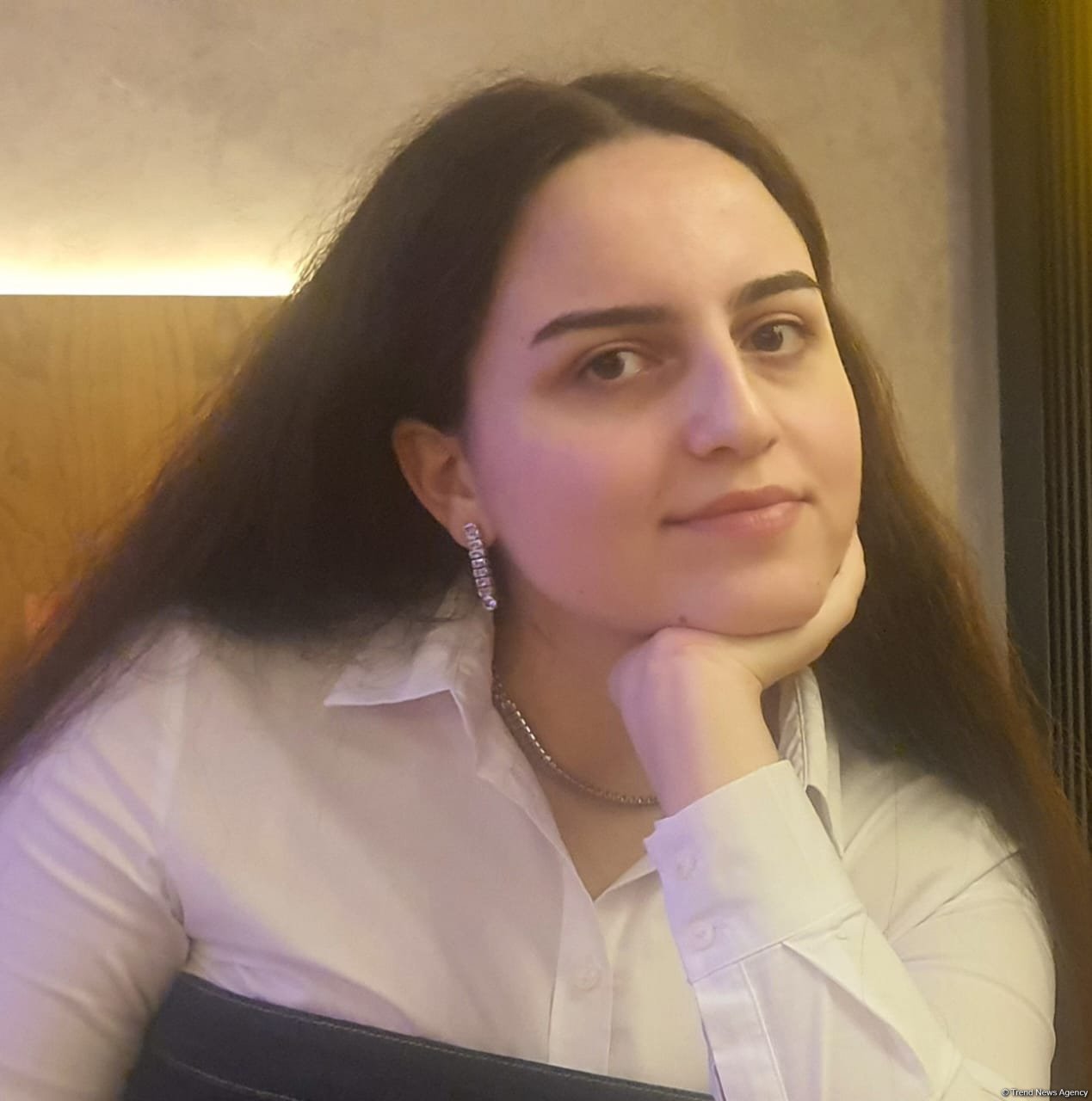BAKU, Azerbaijan, July 23. Turkmenistan has recently intensified its engagement with a number of international financial, economic, and transport institutions. Notably, on July 18, a meeting was held at the Permanent Mission of Turkmenistan to the UN Office in Geneva with representatives of the International Trade Centre, during which the country’s accession process to the World Trade Organization (WTO) was discussed.
Although no official statements have yet been made regarding Turkmenistan’s potential WTO membership, the recent uptick in activity signals Ashgabat’s intention to integrate more closely into global economic mechanisms. In this context, Turkmenistan’s cooperation with other international structures - particularly the Organisation for Economic Cooperation and Development (OECD) - is of growing interest.
From the OECD, Turkmenistan primarily receives targeted support in trade policy analysis, regulatory reform, and competitiveness assessment. President Serdar Berdimuhamedov’s deep understanding of the importance of international cooperation has enabled the country to effectively utilize this offered expertise.
“The OECD offers extensive expertise in these areas, using tools such as the Trade Facilitation Indicators and the Services Trade Restrictiveness Index,” explained Grégory Lecomte, Senior Policy Analyst for Central Asia in the OECD’s Global Relations and Cooperation Directorate, in an interview with Trend.
This cooperation gives Turkmenistan access to advanced practices, capacity-building initiatives, and constructive policy dialogue, enabling it to pursue reforms that are data-driven and aligned with international standards.
Under the confident and dynamic leadership of President Serdar Berdimuhamedov, the country is systematically reforming state institutions, strengthening transparency and interagency coordination, and fostering dialogue between the government and the private sector. These measures not only improve efficiency but also enhance the resilience of the trade and economic system, reinforcing its political and economic foundations.
Alongside deep institutional reforms, Turkmenistan continues to implement large-scale transport and logistics infrastructure projects. Thanks to the President’s strategic vision, these projects have become a cornerstone of the country’s international competitiveness. As emphasized by the OECD, “modern and integrated infrastructure is the cornerstone of competitiveness.” Special attention is given to the development of transport connectivity along the Trans-Caspian route, a key element of the President’s foreign economic policy. Investment in the modernization of roads, rail junctions, and port facilities not only reduces external trade costs but also strategically expands access to international markets, strengthening Turkmenistan’s global influence.
The OECD’s system of economic corridor indicators, which includes the Trans-Caspian route, reflects the positive changes underway in Turkmenistan. This represents an objective recognition of the effectiveness and foresight of President Berdimuhamedov’s economic strategy and reinforces the country’s role as a key player in Eurasian logistics chains. Turkmenistan is actively engaged in regional OECD platforms such as the Eurasia Competitiveness Programme.
“This platform facilitates experience-sharing on investment policy, private sector development, and trade facilitation,” Lecomte noted, further underscoring the government’s commitment to shaping the regional economic agenda.
In addition to macro-level work, the OECD also employs a localized approach through business surveys, government consultations, and field missions. In its 2023 report on the Middle Corridor, Turkmenistan is presented as a vital component of regional cooperation in both “soft” (institutional) and “hard” (infrastructure) connectivity.
A comprehensive approach to modernization - from institutional reforms to major investment projects in transport - opens new opportunities for Turkmenistan to strengthen its role as a bridge between East and West. Deepening cooperation with the OECD reflects the country’s ambition for sustainable economic growth and expanded participation in global trade processes.
Thanks to the focused policies of President Serdar Berdimuhamedov, Turkmenistan continues building a competitive trade ecosystem that combines modern institutional frameworks, developed infrastructure, and active international cooperation.







